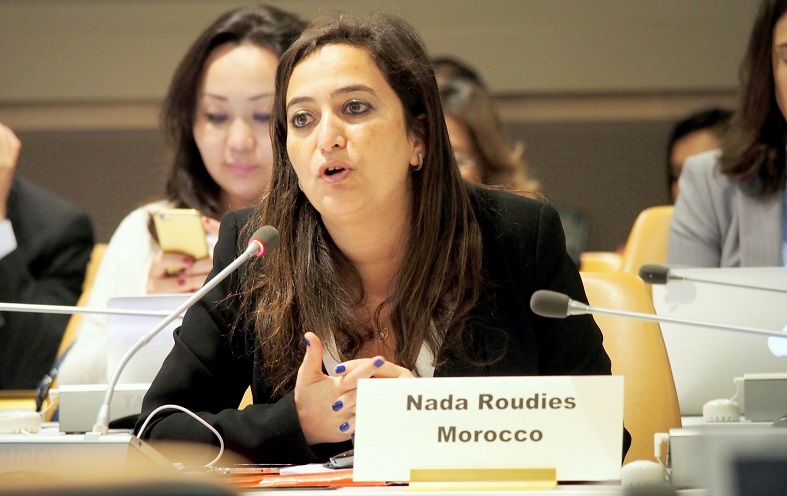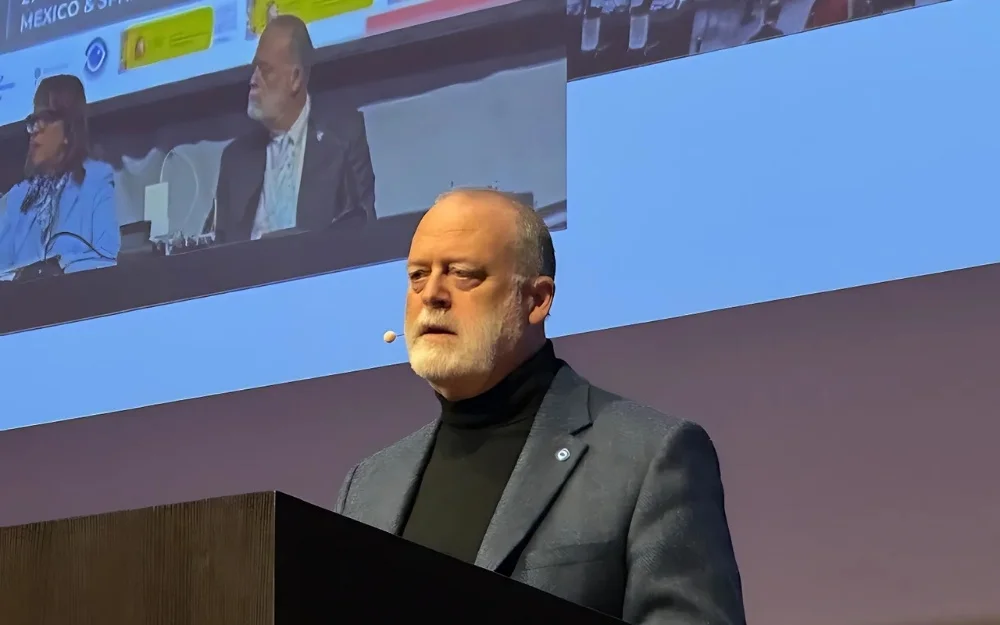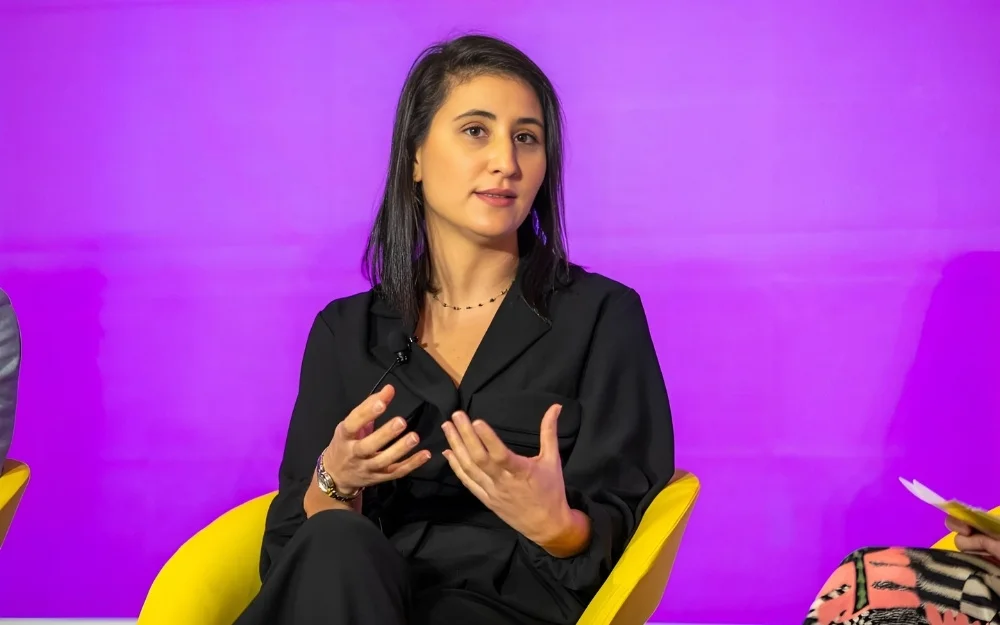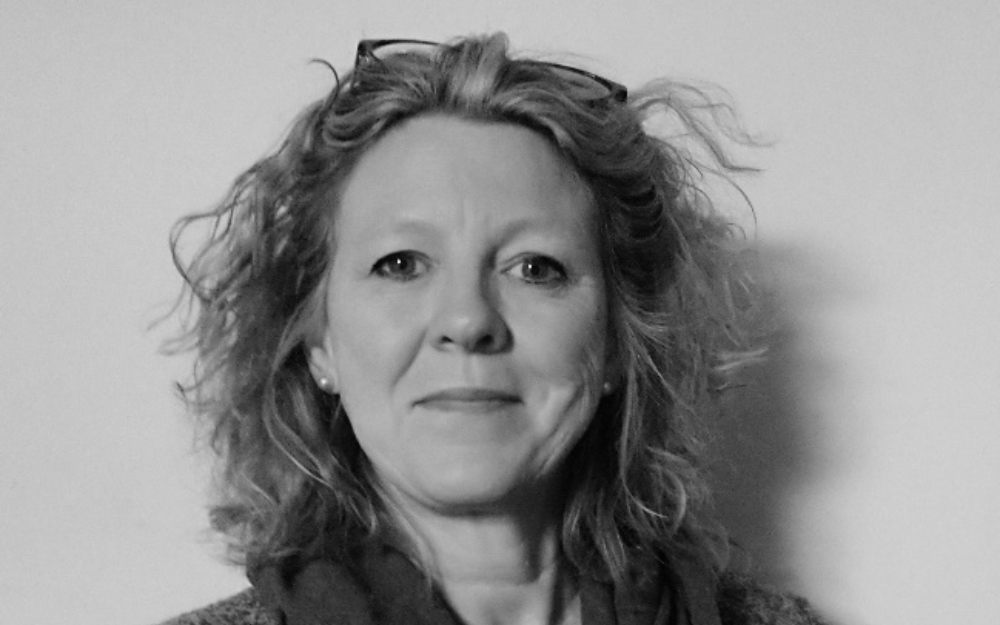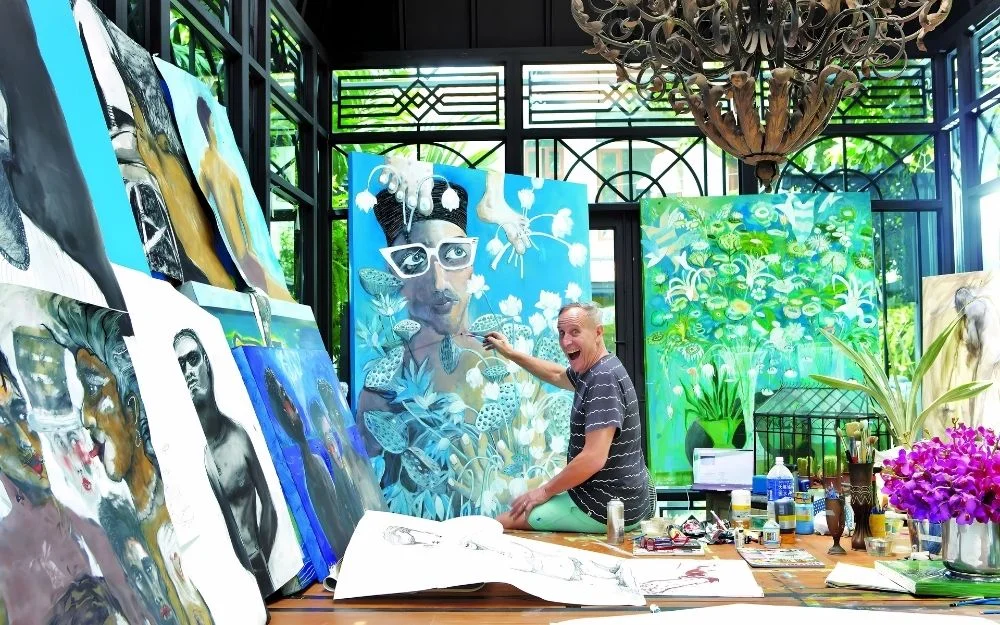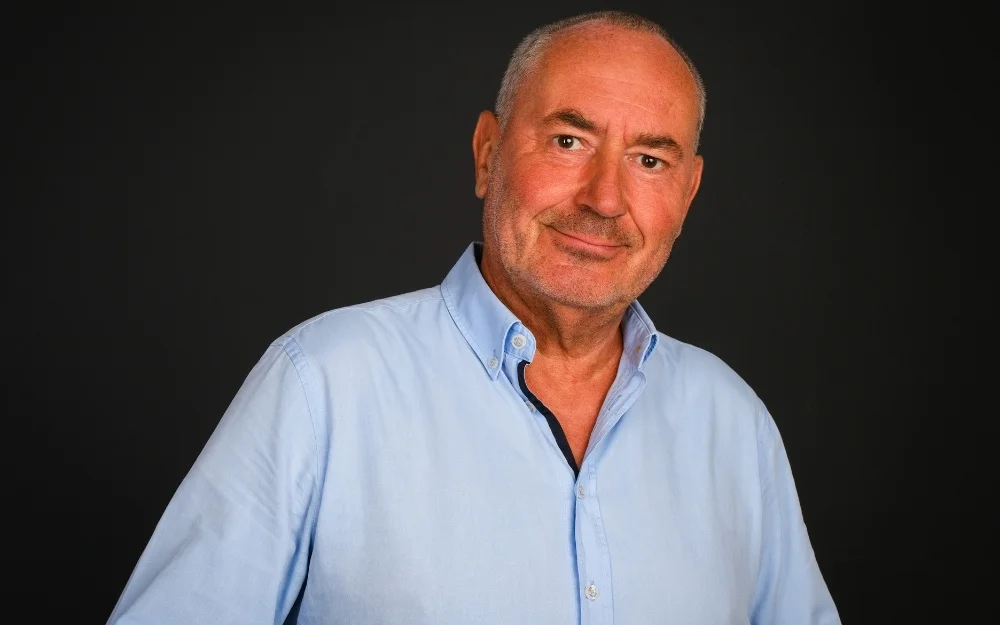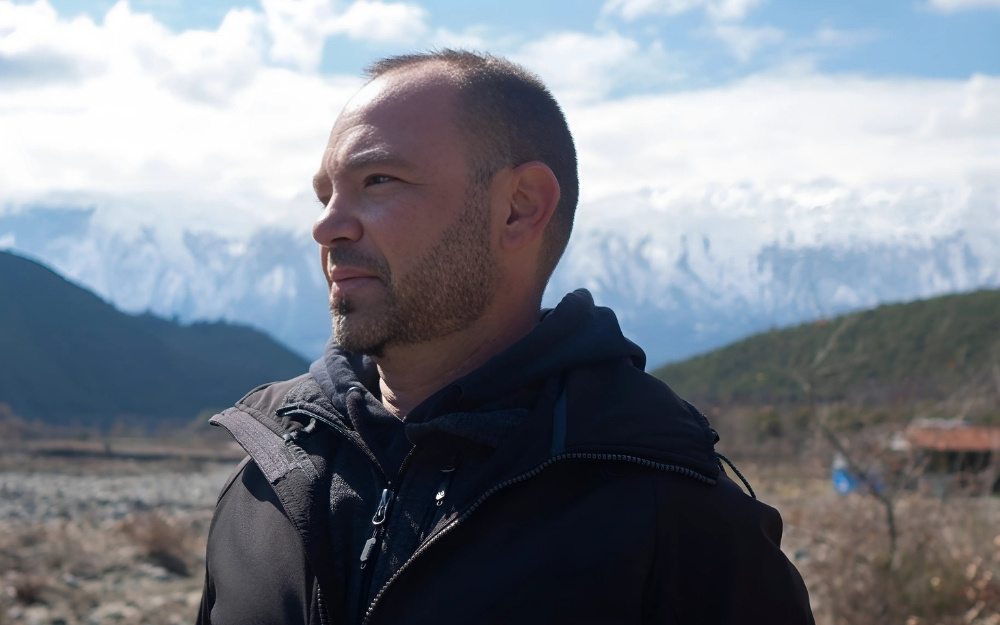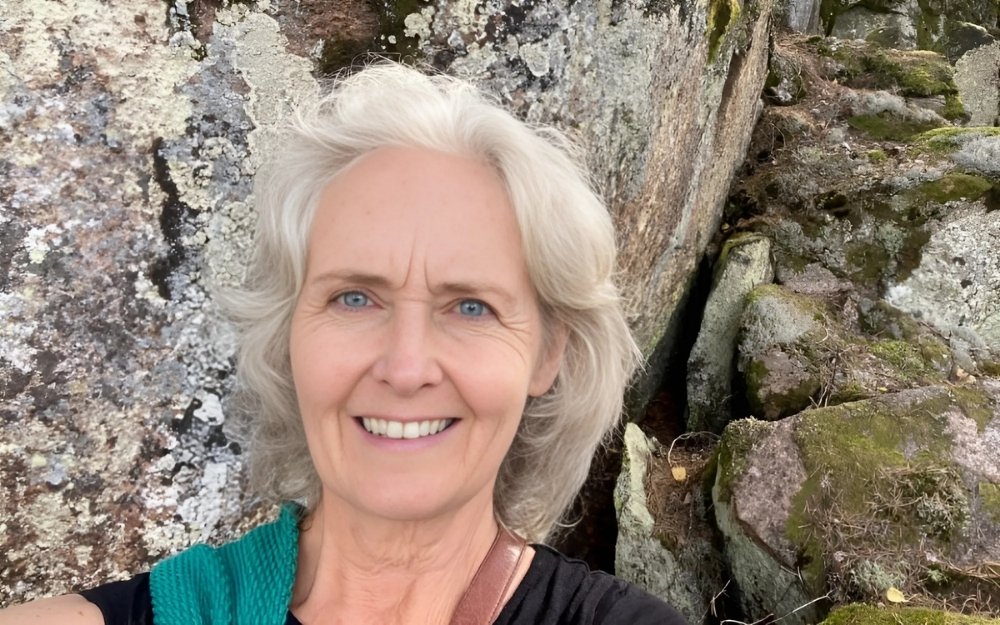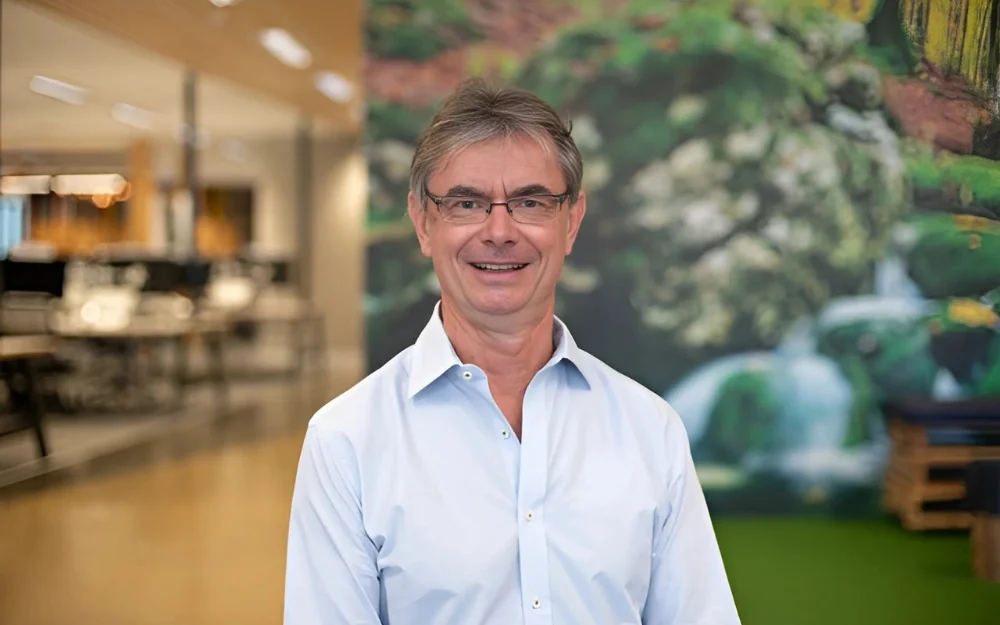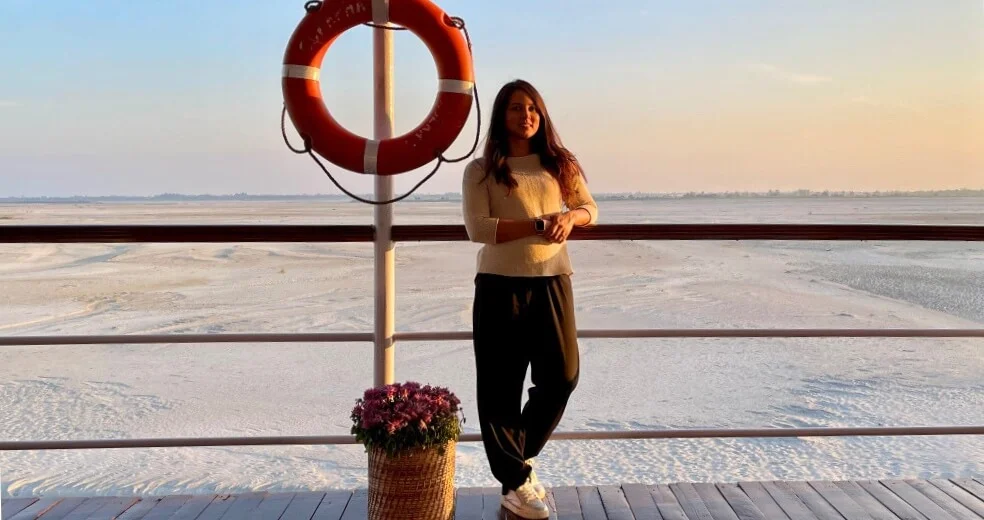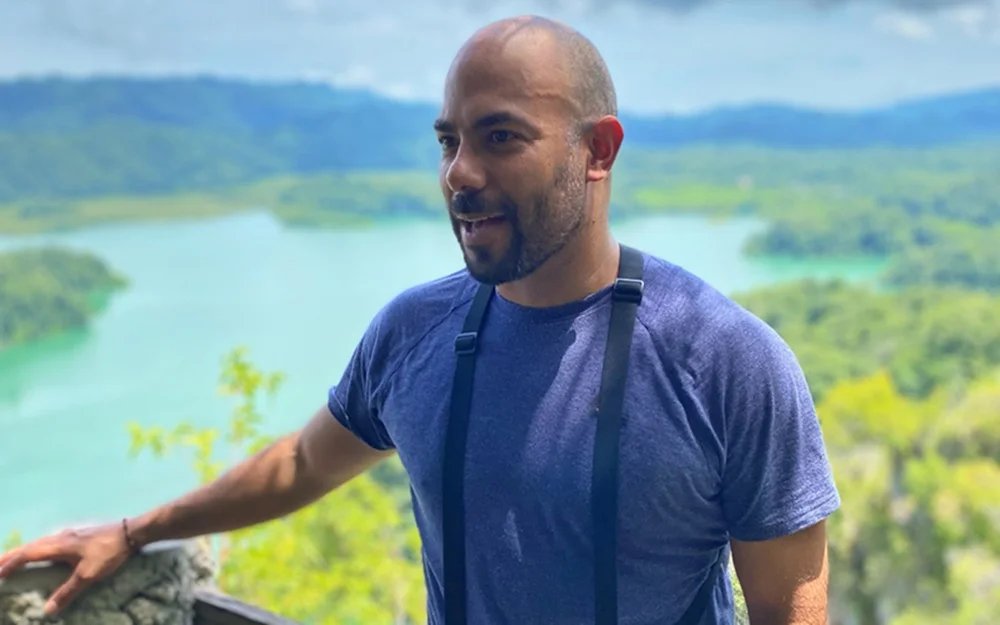Nada Roudies in this interview shares her thoughts and professional insights gained as General Secretary of the Ministry of Tourism in Morocco. Nada represents a new generation of women leaders in a country eager to leave its mark internationally in the area of sustainable tourism development.
Learn about:
- Nada Roudies’ main insights from presiding the Global Partnership for Sustainable Tourism;
- How Morocco approaches sustainable tourism development;
- The main challenge Morocco faces regarding mainstreaming sustainable tourism principles;
- How the Morocco Sustainable Tourism Awards have helped the country.
Nada, can you give us a short overview of your current responsibilities and professional background?
I am the General Secretary for the Ministry of Tourism in Morocco and currently represent Morocco as co-lead of the sustainable tourism program of the United Nations 10 Years Framework of Programmes (10YFP) on Sustainable Consumption and Production (10YFP-SCP).
From 2013 until February 2015, I was the President of the Global Partnership for Sustainable Tourism.
When did you discover your passion for sustainability?
I think sustainability is a passion that I developed gradually through my work towards sustainable tourism, both at national level with the establishment and implementation of Morocco’s sustainable tourism strategy, and at international level when promoting sustainable tourism as a vector of development to the United Nations.
An important part of my motivation are the men and women (from tourism companies, NGOs, associations, etc.) I get to meet: Really passionate people who are fighting every day to create profitable tourism businesses while minimizing their environmental footprint and supporting local communities. It is rewarding to accompany them in their adventure and to provide them with the appropriate tools and institutional frameworks.
Your main insights from presiding the Global Partnership for Sustainable Tourism (GPST, 2013-2015)?
The global partnership was a very interesting network through which we shared experiences and started developing tools to advocate and promote sustainable tourism globally. The main achievements during this period were:
- the screening criteria for sustainable tourism projects, which we developed for financing institutions to adopt and use for their evaluations;
- our guidelines for a life-cycle approach to sustainable tourism strategy: from design to implementation.
The Global Partnership for Sustainable Tourism also provided technical assistance to the Caribbean region, as well as countries in Africa and Asia, helping them design and evaluate their sustainable tourism strategies.
We participated in many events related to sustainable tourism and organised two international symposiums as part of our general assemblies (one in Agadir, Morocco and the other in Namibia).
We also contributed to the creation of the Sustainable Tourism Program under the 10YFP on Sustainable Production and Consumption framework.
Your vision for sustainable tourism in Morocco for the next years?
Sustainability is a key part of our current ten year tourism development strategy in Morocco. To spread the benefits of touristic activities, we designed our tourism strategy in a way that supports development across the country, not just in one or two popular destinations. We also took into account environmental constraints and pressure levels, to make sure our destinations remain livable for local communities.
To make tourism development in Morocco more sustainable, we have been developing regulations and incentives for our investors and tourism operators, both of which encourage a life-cycle approach, where sustainability is present in all stages of the tourism product.
In addition, we are developing a set of indicators at national and regional level to measure and monitor sustainability in tourism, and to be able to demonstrate and communicate our commitment to sustainability.
Our main challenge is to establish sustainability as approach for tourism development in Morocco and to get all stakeholders on board: institutions, professionals, media, tourists and the Moroccan citizens.
Which achievements as Secretary General at the Moroccan Ministry of Tourism are you most proud of?
As General Secretary I had to manage and lead many projects which I am quite proud of. But the human epic that it represents is certainly the most rewarding.
As a Moroccan woman, although not necessarily excessively feminist, being part of those who can demonstrate that Moroccan women have their place next to the men in high governmental functions in our country is an achievement in itself.
But to remain in the subject of sustainability, I am really proud to be participating in the positioning of Morocco as a leading destination regarding sustainable tourism. I am particularly proud of the leading role I assumed within the GPST and now in the 10YFP-Sustainable Tourism as a co-lead.
How does the Ministry of Tourism help companies and destinations within Morocco to become more sustainable?
As Ministry of Tourism, and to insure a minimum level of sustainability in the sector, we put in place a mandatory regulatory and normative framework (specifications for investors, hotel classification standards, etc.).
We are aware that this may present additional costs for operators and a need for capacity building. We thus organize with the regions building awareness and capacity events, we develop good practice guides for the various touristic activities, we develop incentives (technical or financial assistance) for SMEs who want to adopt a sustainability approach or to obtain certification, and we encourage initiatives through our Sustainable Tourism Trophies (that are in their Sixth edition).
We also try to introduce sustainable tourism in training courses in our hotel and tourism schools.
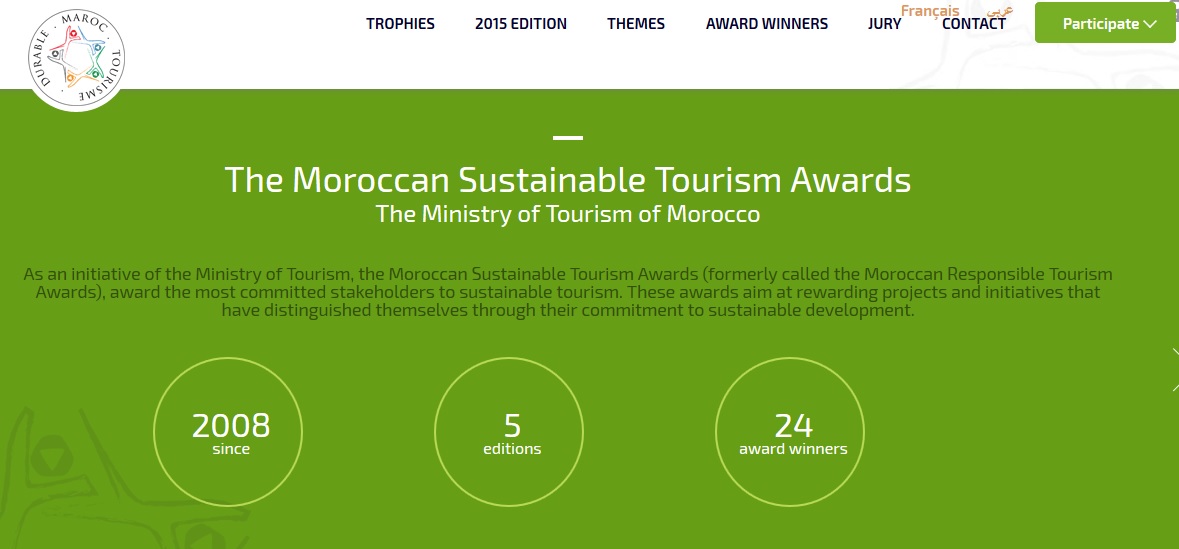
Where do you see the main challenges in Morocco and the Greater Maghreb region for sustainability in travel and tourism?
In my opinion, the main challenge for sustainable tourism in destinations at the moment is to move from the promotion of responsible tourism as a niche product for small and specific segments, to a destination-wide strategy which involves all the stakeholders.
Another challenge is to change the perception that large numbers of visitors and tourism growth automatically mean irresponsible tourism. Changing this image will require work on the tourism product itself, but also awareness-raising among consumers.
Ultimately, much of our success regarding a more sustainable tourism will depend on whether and how we train and educate the young generations.
When advising your government colleagues and the private sector on implementing sustainable tourism strategies, what main challenges have you encountered?
Many challenges of course, including 1) the additional costs, the belief that it can have a return on investment, 2) the need of technical assistance and building capacity, and 3) the size of the market we can address.
Thank you, Nada.
Connect with Nada Roudies on LinkedIn. For more information about (sustainable) tourism in Morocco, visit www.tourisme.gov.ma and www.trophees-tourisme-durable.
Enjoyed our interview with Nada Roudies on sustainable tourism development in Morocco? Share and spread the word!

